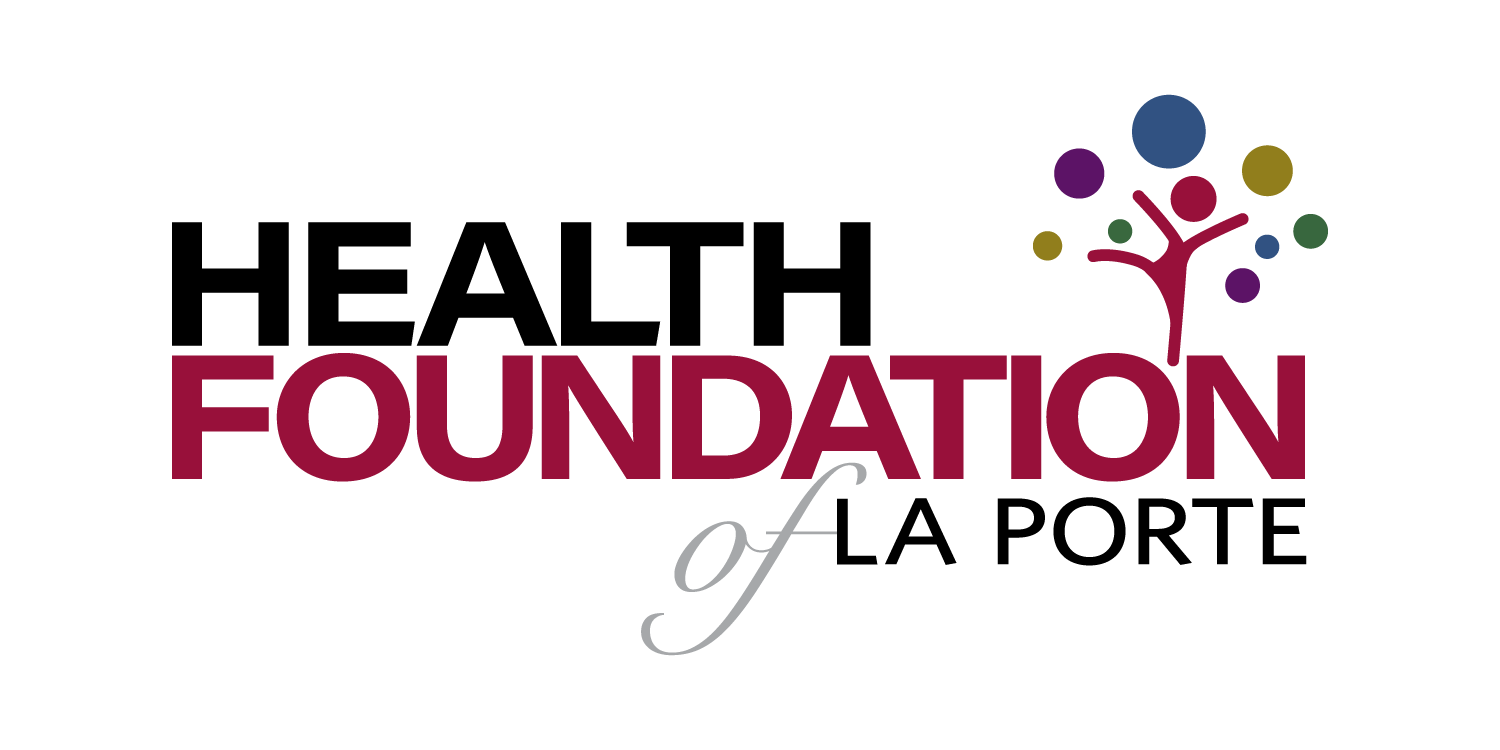Promising Practices
The Promising Practices database informs professionals and community members about documented approaches to improving community health and quality of life.
The ultimate goal is to support the systematic adoption, implementation, and evaluation of successful programs, practices, and policy changes. The database provides carefully reviewed, documented, and ranked practices that range from good ideas to evidence-based practices.
Learn more about the ranking methodology.
Filed under Evidence-Based Practice, Health / Immunizations & Infectious Diseases, Women, Racial/Ethnic Minorities, Urban
Goal: Healthy Love seeks to provide a safe, culturally tailored intervention for heterosexual black women to reduce their disproportionately high risk of transmitting and contracting HIV and other STDs. Healthy Love aims to encourage sexual abstinence, HIV testing, and receipt of test results; increase women's condom usage during vaginal sex with male partners; and reduce the number of women's sex partners and unprotected anal and vaginal sex with male partners. Healthy Love also seeks to improve HIV/STD knowledge, self-efficacy for using condoms, intentions to use condoms, and attitudes towards condoms.
Impact: Healthy Love increased participants' likelihood of using condoms, being tested for HIV, and receiving their test results. The intervention also reduced participants' self-described actions with male partners that can increase black women's risks for HIV infection.
Filed under Effective Practice, Environmental Health / Air
Goal: The goal of the Landfill Methane Outreach Program is to promote the use of landfill gas as an energy source.
Filed under Effective Practice, Community / Transportation
Goal: The Click It or Ticket Campaign Enhancement and Evaluation project's goals were to:
-Increase safety belt use in Massachusetts; and
-Evaluate the impact of adding educational activities to standard enforcement mobilization waves.
Filed under Evidence-Based Practice, Health / Older Adults, Adults, Older Adults
Goal: The Ambulatory Integration of the Medical and Social (AIMS) model aims to address social and environmental factors patients face that may prevent them from following their plan of care, thus impacting their health.
Impact: The AIMS model helps create better supported, less stressed, and better informed consumers and caregivers. There is also evidence to suggest that this model reduces ED usage and 30-day readmissions in participants.
Filed under Evidence-Based Practice, Health / Disabilities, Adults
Goal: The program's goal was to eliminate the waiting period for access to health care benefits for newly entitled SSDI beneficiaries, and see if this investment has long-term benefits.
Impact: The AB Demonstration project successfully increased the use of health care services and reduced the reported unmet health care needs of participants in the program.
Filed under Evidence-Based Practice, Health / Children's Health, Children, Families, Urban
Goal: The goal of the program is to teach parents/caregivers effective parenting skills, create a support system for their children, and equip participants with non-violent techniques to encourage a safe environment at home and in the community.
Impact: ACT program has been shown to prevent child maltreatment and promote positive parenting skills, including reducing physical violence towards children, improving knowledge of appropriate discipline, and improving parent methods for teaching children nonviolent social skills.
Filed under Evidence-Based Practice, Health / Other Conditions, Older Adults
Goal: The goal of the Arthritis Foundation Exercise Program is to increase joint flexibility, range of motion, and muscle strength among individuals with arthritis.
Filed under Evidence-Based Practice, Health / Adolescent Health, Teens
Goal: The mission of the ATHENA (Athletes Targeting Healthy Exercise & Nutrition Alternatives) program is to promote healthy sports nutrition and discourage the use of body-enhancing substances among middle and high school female athletes.
Impact: Participation in the ATHENA program results in significant reductions in the use of performance-enhancing substances, recreational drugs, diet pills, tobacco, and alcohol among female teen athletes. Healthier eating and other health behaviors, and body image perceptions were also improved.
Filed under Evidence-Based Practice, Health / Other Conditions, Adults, Older Adults
Goal: Better Choices, Better HealthTM gives people with chronic conditions the skills to coordinate all the things needed to manage their heath, as well as to help them keep active in their lives.
Filed under Evidence-Based Practice, Health / Women's Health, Women
Goal: The goal of the BetterU intervention is to increase knowledge of heart disease, increase physical activity, and improve nutrition among women aged 25 years and older.

